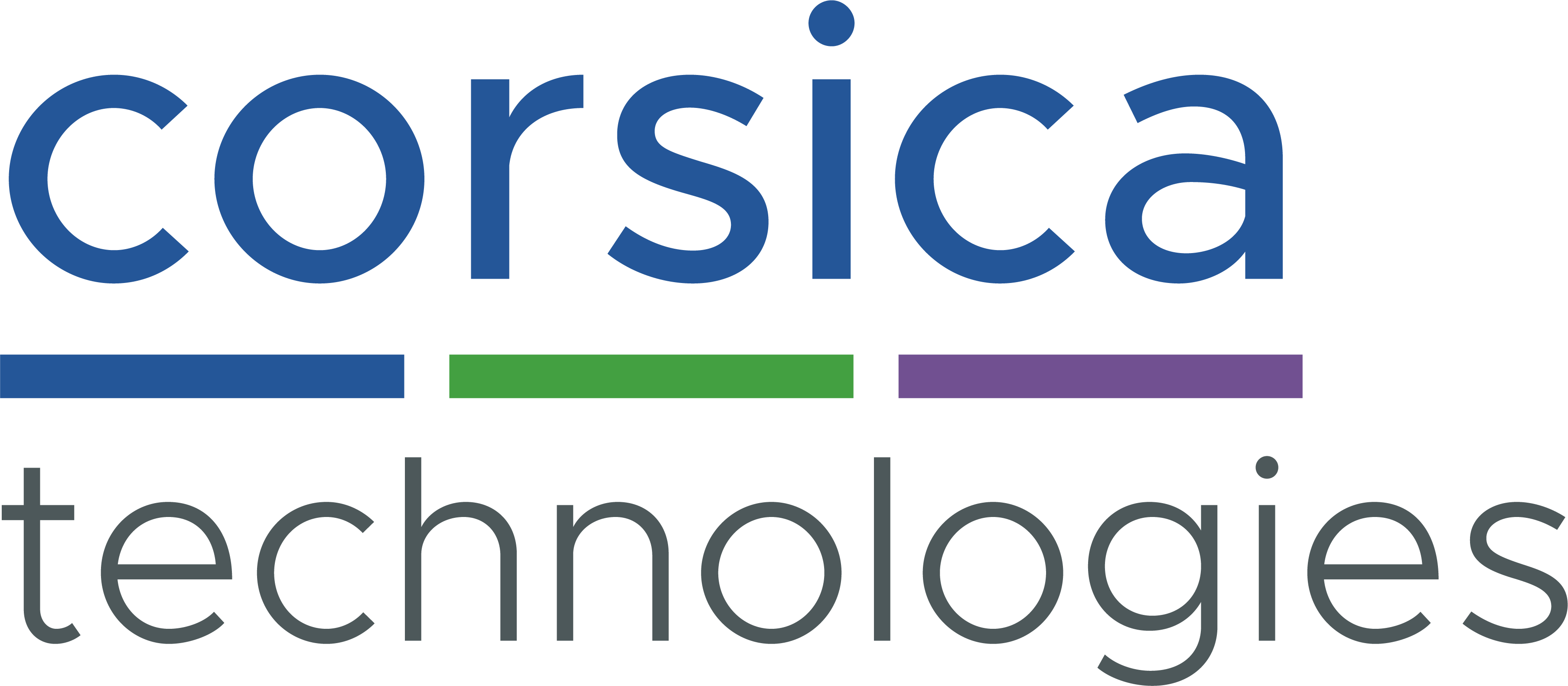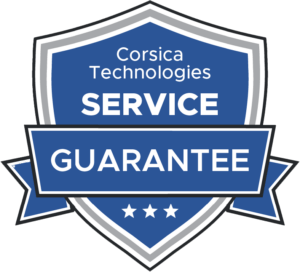The healthcare industry has seen a 51% increase in breaches and leaks since 2019. And as the security landscape becomes more complex, regulations surrounding the handling of personal data become more stringent and compliance becomes more difficult.
For healthcare providers and other organizations, HIPAA sets the standard for data security compliance. The Health Insurance Portability and Accountability Act of 1996 (HIPAA) is a set of regulatory standards that outline the lawful use and disclosure of protected health information.
What is Protected Health Information (PHI)?
Information collected from an individual by a covered entity that relates to the past, present or future health or condition of an individual and that either identifies the individual or there is basis to believe that the information can be used to identify, locate, or contact the individual.
HIPAA compliance is regulated by the Department of Health and Human Services and enforced by the Office for Civil Rights. And the cost for non-compliance can be high—HIPAA violations can result in fines up to $250,000, or imprisonment up to 10 years for knowing abuse or misuse of individual health information.
And while HIPAA mainly applies to healthcare providers, any business that electronically processes, stores, transmits, or receives medical records, claims or remittances are required to abide by HIPAA regulations. This can include organizations such as staffing companies, HR departments and other entities outside of a standard healthcare facility.
HPAA currently requires healthcare organizations to complete six annual audits to remain compliant. Regulations also require organizations to retain required documentation for six years from the date of its creation or the date when it last was in effect.
- Security Risk Assessment
- HITECH Subtitle D Privacy Audit
- Physical Security Audit
- Asset and Device Audit
- Security Standards Audit
- Privacy Standards Audit
Because of the complexities of HIPAA compliance, and the burden of completing and retaining annual reviews, many healthcare companies are increasing their collaboration with managed IT services providers (MSPs) to ensure they remain compliant, and PHI remains secure.
MSPs help healthcare organizations prepare for audits, identify gaps in documentation and compliance and create remediation plans to get you—and keep you—HIPAA compliant.
See how we helped Rich Alberti, COO with Medpoint, with HIPAA and other security requirements.
In addition to HIPAA compliance and remediation plans, MSPs offer numerous benefits for healthcare organizations of all sizes:
- Reduced labor expenses: Get 24/7 support from our team of experts for about the cost of one full time hire.
- Full scalability: We assess and designate the essential resources for your business to keep your IT operating effectively. As a result, your IT will grow with your organization, making it easy to add users or storage as necessary.
- Real-time network monitoring: We proactively watch over your network to prevent potential service outages and maximize your uptime. We also complete scheduled maintenance and promptly deploy patches for enhanced reliability.
IT management for the healthcare industry is growing more complex by the day. That’s why healthcare companies today are turning to Corsica. Our team of experts is here to help you every step of the way, with IT solutions built to suit the unique and rigorous requirements of the healthcare industry. Speak with a member of our team today to learn how Corsica can transform IT at your organization.






